Articles
Disability Advice from an attorney with decades of experience with disability benefits.

Private Disability Insurance for High-Income Earners
While traditional disability insurance may be great for the average worker, it may not suit high-income earners as it only replaces a small portion of the income and places a

Maternity Leave and Disability Benefits: Your Legal Rights
Pregnancy can be a physically taxing experience, and sometimes it can lead to complications that result in a disability, rendering the patient unable to work and needing maternity leave. But

SSI for High-Risk Pregnancies: Your Rights and Support
Pregnancy can be a difficult time, but even more so when you have a high-risk pregnancy. Such pregnancies can lead to complications and leave expectant mothers either temporarily or permanently
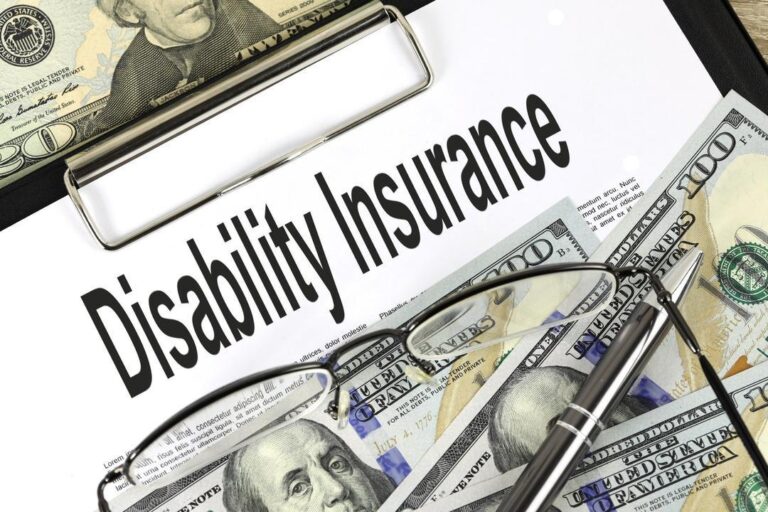
Recent Developments in SSDI Fraud Prevention
While the benefits of Social Security Disability Insurance (SSDI) may be modest, they are essential and relied on by individuals with disabilities. This is why it’s important that the Social

Navigating Job Loss After SSI Discontinuation
The Social Security Administration’s Supplemental Security Income (SSI) program has strict income requirements. If a beneficiary happens to be earning more than the threshold limit, the Social Security Administration (SSA)

Appeals Council Review in SSDI and SSI Cases
Most initial claims for Social Security Disability Insurance (SSDI) benefits get rejected. So, it’s common for applicants to apply for an appeal to challenge the Social Security Administration’s (SSA) decision
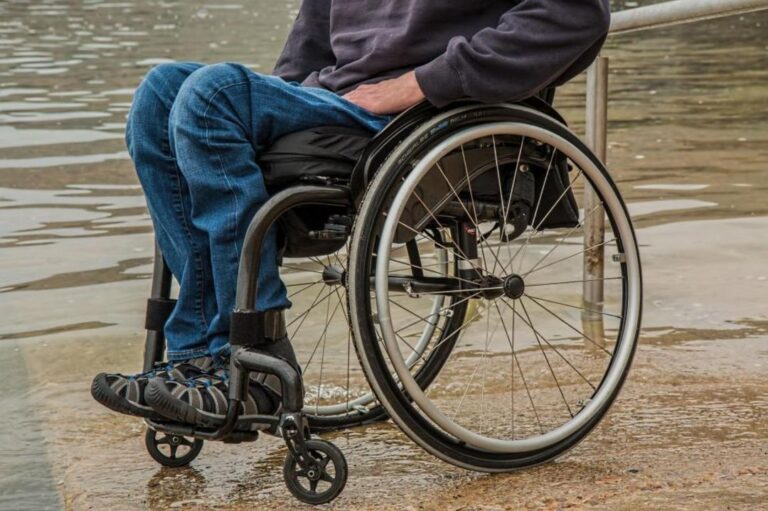
Federal Court Review for SSDI and SSI Appeals
If you were unable to win Social Security benefits even after going through the reconsideration process, Administrative Law Judge (ALJ) hearing, and Appeals Council review, do not lose hope. You

Financial Survival During SSDI and SSI Appeals
Getting Social Security disability benefits is a lengthy process, especially if you are initially denied and need to appeal the Social Security Administration’s (SSA) initial decision. In fact, it can

Exploring the SSDI Application Process: Recent Changes
The Social Security Disability Insurance (SSDI) application process can be long and tedious. This is all the more reason to find out as much as possible about it and any

Bariatric Surgery and Disability Benefits
People may opt for bariatric surgery as a means to lose weight. Following the surgery, they may face challenges while returning to work as well as a risk of job
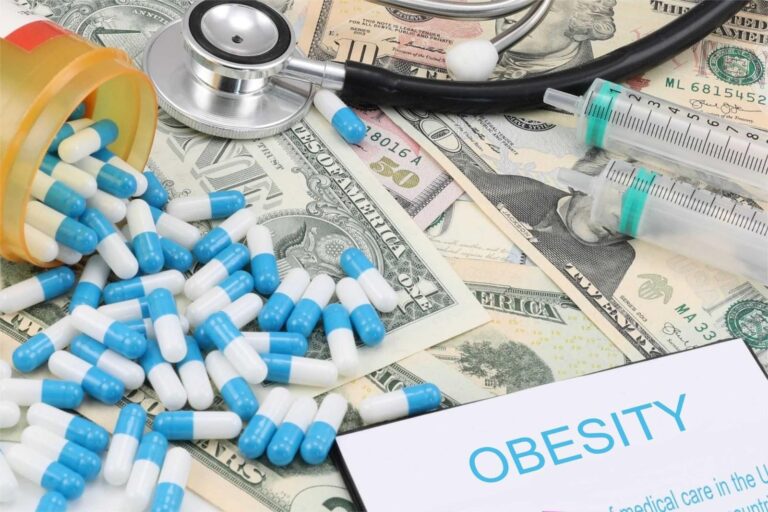
Obesity and Disability Benefits
Obesity can severely impact a person’s daily functioning, especially in cases of morbid obesity. This causes many obese people to lose their jobs and sources of income. In such cases,

State Disability Insurance for Government Employees
State Disability Insurance (SDI) is an excellent alternative for individuals who do not qualify for other Social Security Administration (SSA) programs, such as Social Security Disability Insurance (SSDI) and Supplemental

Will My Pension Affect SSDI Payments?
Many people nearing retirement age often find themselves unable to continue working due to a disability. In such cases, they consider applying for Social Security Disability Insurance (SSDI). But can
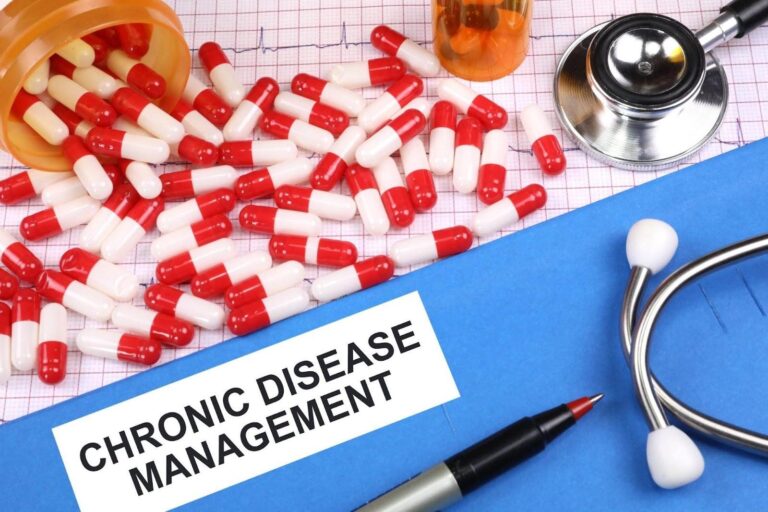
SSDI for Chronic Illness: Qualification and Support
Chronic illnesses, which are medical conditions that persist for a long period, can indeed qualify for Social Security Disability Insurance (SSDI). Many of these illnesses can be debilitating, significantly impacting

Legal Rights for Disabled Workers: Workplace Accommodations
Getting a job can be difficult for disabled people, and when they do get one, they sometimes face a host of problems at the workplace. In order to ensure the
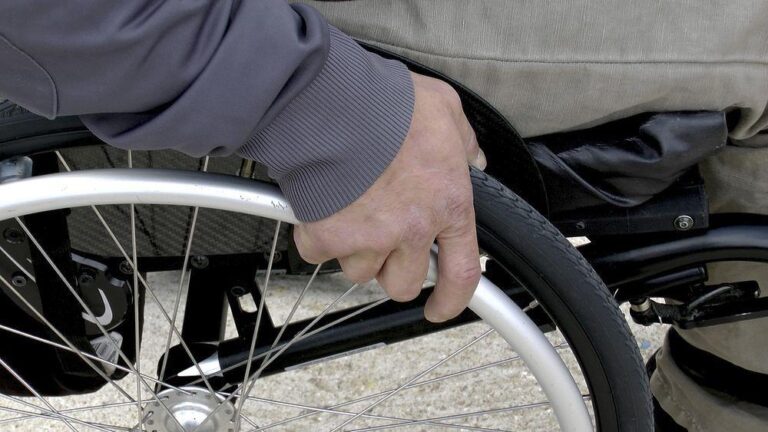
SSI for Low-Income Individuals: A Guide to Eligibility
Many people find it difficult to navigate the Social Security benefits system. For example, many who wish to apply for Social Security’s Supplemental Security Income (SSI) program may not know

Navigating SSDI for Rare Diseases: Your Guide to Benefits
The Social Security Administration (SSA) maintains a list of conditions that qualify for its Social Security Disability Insurance (SSDI) program. However, many conditions, including some rare ones, exist outside of

Maximizing Your SSDI Back Pay: Tips and Strategies
Social Security back pay benefits represent the payments that the federal government owes you for the duration it took to process your application. Typically, these are disbursed in a lump

SSDI vs. Private Disability Insurance
There is a lot of confusion about Social Security Disability Insurance (SSDI) and private disability insurance, with some wrongfully assuming that both are the same. So, how does one differentiate

Children’s Disability Benefits and Parental Income
Navigating the world of Social Security benefits can be a daunting task, especially when it involves the welfare of a child with disabilities. The Social Security Administration (SSA) provides a
